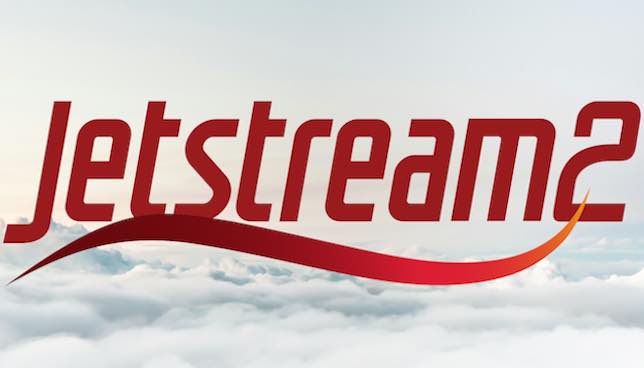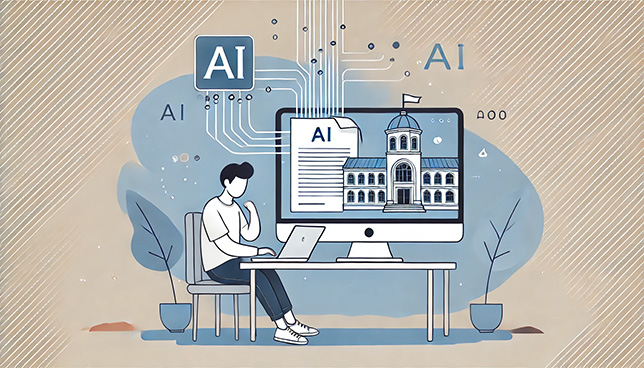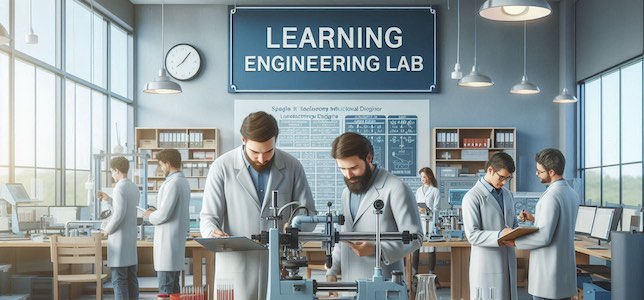
Free access to advanced computing and HPC resources for your researchers and education programs? Check out NSF's Jetstream2 and ACCESS.

DeVry University applies an iterative and holistic approach to integrating artificial intelligence into the classroom, with a focus on how it can enhance the overall student experience. Here are key things to consider when implementing AI at your institution.

AI is an immensely powerful tool that can provide customized support for students with diverse learning needs, tailoring educational experiences to meet student’s individual needs more effectively. However, significant disparities in AI access and digital literacy skills prevent many of these same students from fully leveraging its benefits.

The United States Department of Education recently released a new guide that seeks to inform ed tech developers as they create AI products and services for use in education. We spoke with Kevin Johnstun, education program specialist in ED's Office of Educational Technology, about the ins and outs of the report and what it means for education institutions.

Online students are likely to have certain gaps in their education. Here are five skills they’ll need to fill them.

Technology holds the potential to revolutionize the financial aid process, ultimately bolstering student support — and success.

Many questions remain around the role of artificial intelligence in admissions as schools navigate the balance between innovation and integrity.

The proliferation of technology in education means we have more data about how, what and if students are learning than ever before. The question is, how do we ensure that data gets into the hands of the people who can use it to improve teaching and learning, without invading a student or educator's privacy?

Learning engineering combines theories from the learning sciences with problem-solving approaches from engineering, to create a process that can transform research results into learning action. Here, Ellen Wagner guides an exploration of this transformational process.

The promise of digital credentials has had many people in education and employers excited for years. So why aren’t digital credentials everywhere by now?